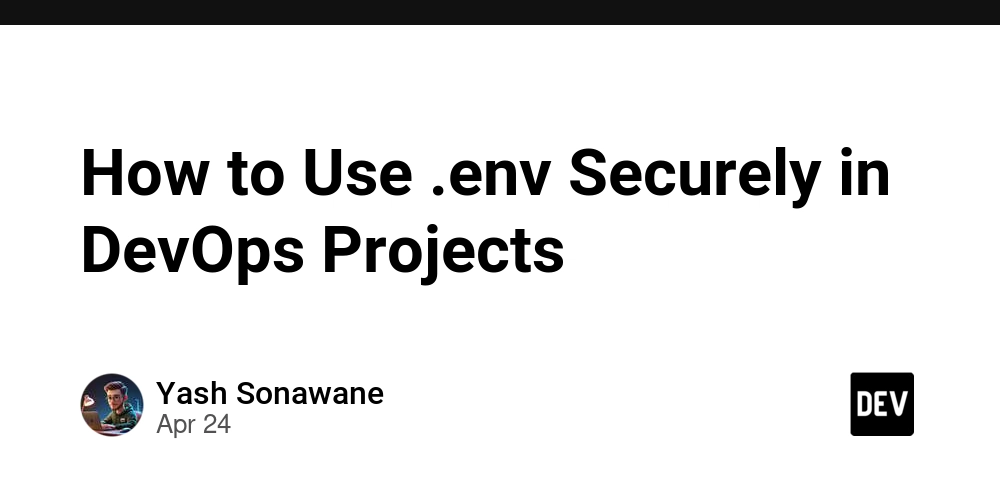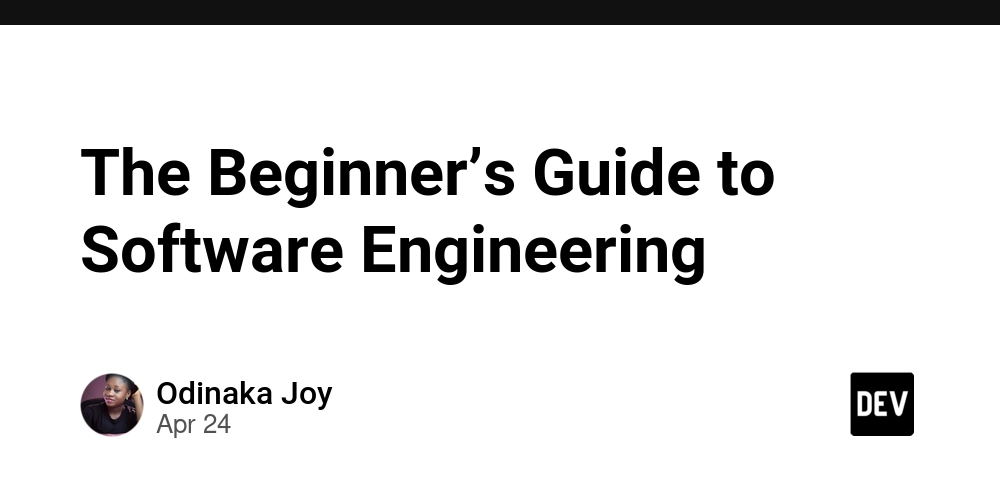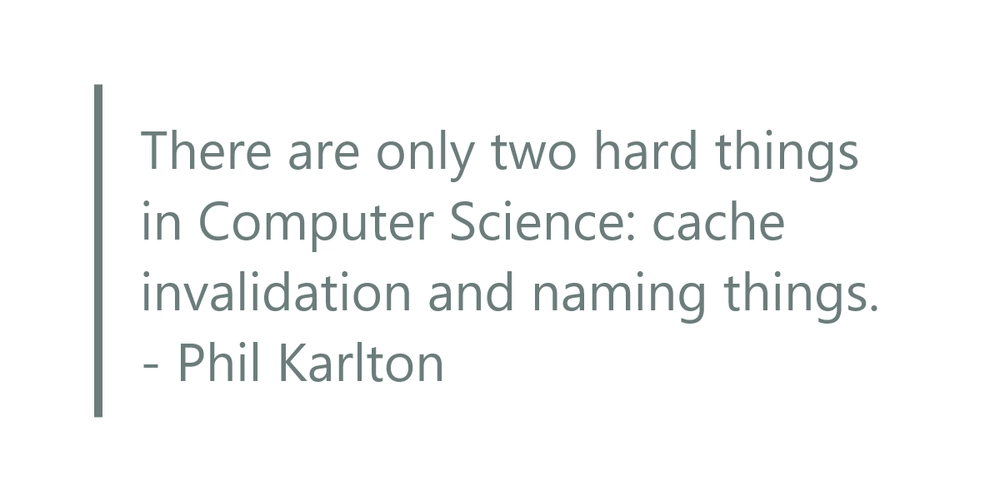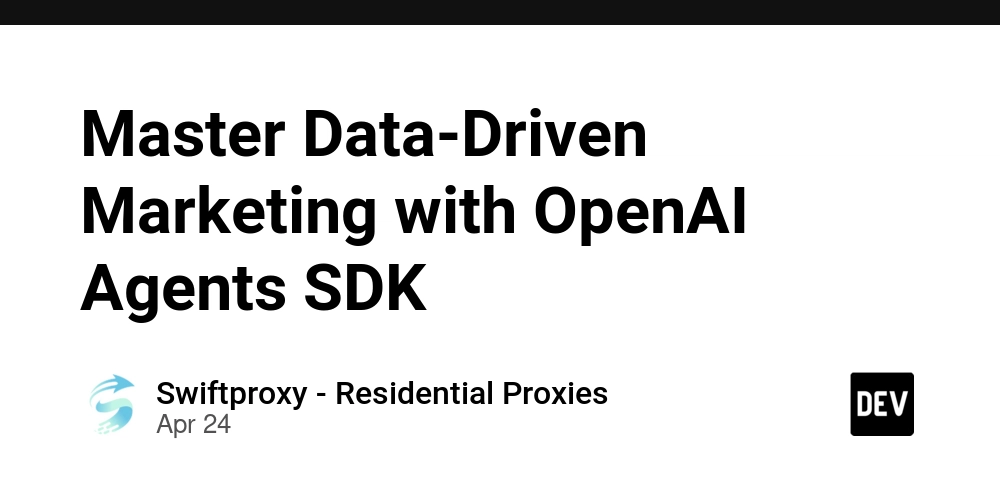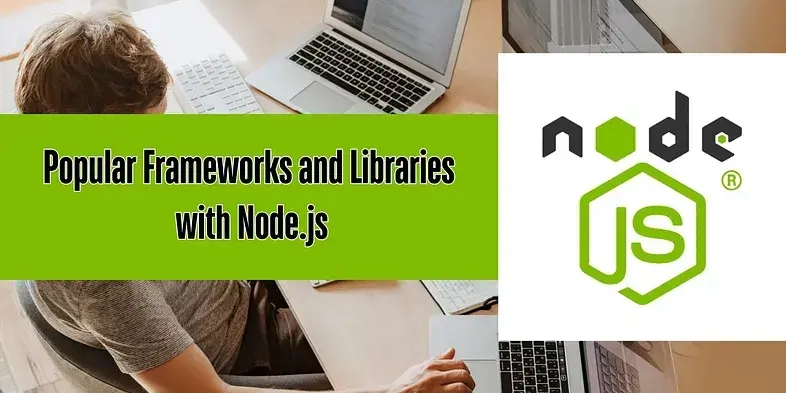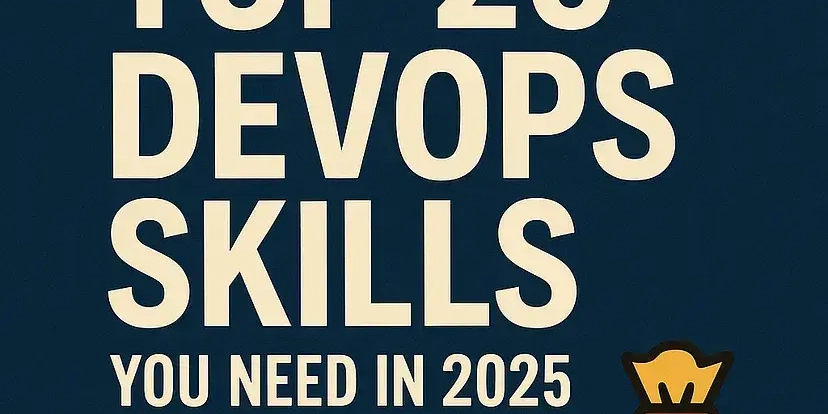
Future-Proof Your Career: 20 Essential DevOps Skills to Learn in 2025
Welcome to the world of DevOps in 2025! It's more than just deploying code; it's about mastering cloud infrastructure, streamlining workflows, and ensuring application reliability. Are you ready to enhance your DevOps skills and command a six-figure salary? This guide dives into the top 20 DevOps skills that companies are actively seeking, plus resources to learn everything you need to know.
Why Focus on the Right DevOps Skills Now?
The DevOps landscape is constantly evolving. Skills that were relevant a few years ago might not be as valuable today. Recruiters are seeking candidates with a specific combination of skills that drive efficiency, reduce costs, and improve system reliability. This guide equips you with the knowledge to level up in your current role or land that dream job.
Core DevOps Foundations: Building Blocks for Success
Before diving into specific tools, let's establish a solid foundation. These core DevOps skills are essential for any aspiring or experienced practitioner:
- Linux Command-Line Mastery: Navigate and manage systems efficiently. Learn essential commands like
grep,awk, andsedto troubleshoot issues and automate tasks. - Git & Version Control: Collaborate effectively with your team. Implement branching strategies, manage merge conflicts, and track changes seamlessly using repository management platforms.
- CI/CD Pipelines: Automate the software delivery process from code commit to production deployment, using tools like Jenkins, GitHub Actions, or GitLab CI. Mastering YAML is essential for configuring these pipelines.
- Scripting Languages: Solve problems with scripting languages like Bash and Python. Automate repetitive tasks, integrate systems, and create custom solutions.
- Infrastructure as Code (IaC): Provision and manage infrastructure with code, improving consistency and reducing errors. Terraform is a must-have skill in this domain, alongside other tools such as Pulumi.
Cloud & Containerization: The Future of Application Deployment
The cloud and containerization have revolutionized software deployment. Mastering these skills is crucial for building scalable and resilient applications:
- Docker: Package applications into isolated containers. Learn to build, optimize, and troubleshoot Dockerfiles to ensure consistency and portability across environments.
- Kubernetes (K8s): Orchestrate and manage containerized applications at scale. Learn
kubectl, Helm, Kustomize, and autoscaling to deploy and manage applications on Kubernetes clusters effectively. - Cloud Platforms (AWS, Azure, GCP): Become proficient in at least one major cloud platform. Understand core services like IAM, VPC, and compute resources (e.g. EC2, Azure VMs, Google Compute Engine).
- Serverless Architectures: Build and deploy applications without managing servers. Use services like AWS Lambda, Azure Functions, or Google Cloud Functions to create event-driven, scalable applications.
- Cloud Cost Optimization: Manage cloud spending and reduce unnecessary costs. Use tools like AWS Cost Explorer or CloudHealth to monitor usage, identify areas for optimization, and implement cost-saving strategies.
Monitoring, Security, & Observability: Ensuring Reliability & Security
DevOps isn't just about deploying code; it's also about ensuring its reliability, performance, and security:
- Monitoring & Logging Tools: Gain insights into application performance and identify potential issues. Implement monitoring and logging solutions using tools like Prometheus, Grafana, and the ELK stack.
- Security & DevSecOps: Integrate security practices into the development lifecycle. Automate security checks in CI/CD, manage secrets securely with tools like HashiCorp Vault, and implement policy enforcement using Open Policy Agent (OPA).
- Incident Response & Alerting: Respond quickly and effectively to incidents. Learn to use tools like PagerDuty and Statuspage to alert the right people and communicate the status of incidents effectively.
Automation & Workflow Magic: Streamlining Processes
Automation is at the heart of DevOps. Mastering these skills will help you streamline processes and reduce manual effort:
- Configuration Management: Automate server configuration and management using tools like Ansible, Chef, or Puppet. Ensure consistency and repeatability across your infrastructure.
- Automation Tools: Automate various tasks, from deployments to rollbacks. Use tools like GitHub Actions, ArgoCD, Spacelift or Atlantis to create automated workflows.
- Workflow Orchestration: Manage complex pipelines that require coordination across multiple systems. Employ tools like Airflow or Prefect to orchestrate data pipelines, ML workflows, and other complex processes.
Soft Skills & Strategic Thinking: More Than Just Technical Expertise
Technical skills are essential, but soft skills are equally important for success in DevOps:
- Collaboration with Dev Teams: Communicate effectively with developers, operations teams, and other stakeholders. Foster a collaborative environment where everyone works together to achieve common goals. Slack and Jira are great communication hubs.
- Documentation: Create clear and concise documentation that helps others understand how systems work. Use tools like Markdown, GitBook, Notion, or Confluence to create accessible and informative documentation.
- Agile & Scrum Understanding: Understand agile methodologies and how DevOps supports them. Help your team deliver software faster and more efficiently by reducing friction in the development process.
- Business & Metrics Awareness: Understand how DevOps contributes to business goals. Track key performance indicators (KPIs), monitor service-level agreements (SLAs), and demonstrate the value of DevOps initiatives to stakeholders.
Level Up Your Skills: Free and Paid Resources
There are plenty of resources available to help you learn the DevOps skills you need to succeed:
- Free Resources: Linux Journey, FreeCodeCamp DevOps Path, Kubernetes Official Docs, Terraform Docs, Awesome DevOps GitHub List
- Paid Resources: Udemy, A Cloud Guru / Linux Academy, Pluralsight, Kelsey Hightower’s Kubernetes the Hard Way, LinkedIn Learning
Salary Expectations: What You Can Earn
The demand for DevOps engineers is high, and salaries reflect that. With the right combination of skills, you can command a six-figure salary. Focus on cloud and Kubernetes skills to boost your earning potential. SRE and platform engineering roles are particularly lucrative.
Tailor Your Learning: Skills by Use Case
Not sure where to start? Here's a breakdown of the skills you need based on common DevOps use cases:
- Deploy Scalable Web Applications: Docker, Kubernetes, Helm, AWS/GCP/Azure, Terraform
- Automate Infrastructure & Repetitive Ops: Bash/Python scripting, Ansible/Chef, GitHub Actions/GitLab CI, Terraform/Pulumi
- Handle 2AM Production Fires: Prometheus/Grafana, ELK Stack/Datadog, Sentry/PagerDuty, Runbooks & Documentation
- Move to or Manage the Cloud: Cloud provider of choice, IAM, VPC, Core Services, Cost Optimization, Serverless
- Secure Systems from the Start: Trivy/Snyk, Vault, DevSecOps Pipelines, RBAC
- Work Better With Dev Teams: Agile Process Fluency, Slack/Jira Coordination, Git Strategy Knowledge, Documentation
- Show Business Value as a DevOps Engineer: Monitoring with KPIs, SLAs, SLOs, FinOps/Cloud Spend Analysis, Workflow Optimization Metrics
Your DevOps Game Plan for 2025
DevOps is a mindset, not just a set of tools. To thrive in 2025:
- Go Deep: Focus on mastering a core set of technologies.
- Build Projects: Gain practical experience by building and deploying real-world applications.
- Think Business: Understand how your work contributes to the bottom line, and never stop upskilling your DevOps knowledge.
- Communicate: Hone your communication and collaboration skills.
The future of DevOps is bright. By focusing on the right skills and embracing a growth mindset, you can build a successful and rewarding career.


